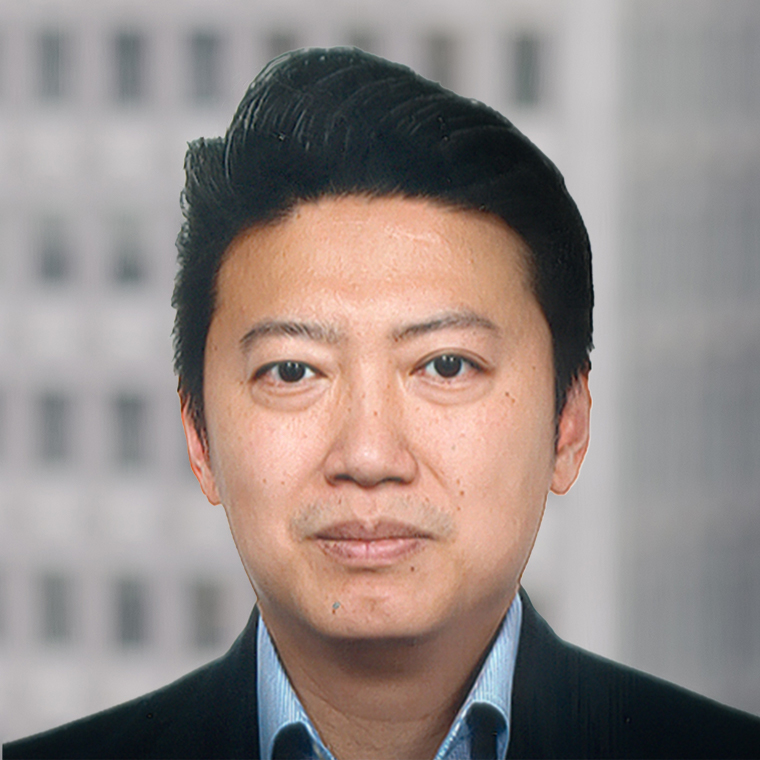On December 26 and 25, 2013, respectively, China's National Health and Family Planning Commission (NHFPC) promulgated two circulars, Circular [2013] No. 49 (Circular 49) and Circular [2013] No. 50 (Circular 50). Circular 49, issued by NHFPC's Chinese Medicine Management Bureau, provides comprehensive anti-corruption compliance requirements to be observed by hospitals and physicians, and Circular 50 establishes a "blacklist" system on pharmaceutical and medical device providers.
Circular 49 re-emphasizes the importance of compliance with anti-corruption rules and specifies "nine prohibitions" applicable to all hospitals, medical institutions and their employees in China. The fact that it was issued by the Chinese Medicine Management Bureau, rather than NHFPC as a whole, ought not necessarily be construed to limit its application to practitioners of Traditional Chinese Medicine (TCM) as Circular 49 is expressly tied to Central Party policy.
The "nine prohibitions" are:
- linking physicians' individual income with income generated from the sale of drugs or the provision of clinical services. Medical institutions are prohibited from assigning revenue targets to their departments and determining salaries or bonuses of individual physicians based on income generated from the sale of drugs or provision of medical examination services.
- giving commissions to individual physicians based on the value of drugs prescribed or clinical services provided. Physicians are also prohibited from receiving commissions for referring patients for diagnostic tests, treatment, physical examinations or the purchase of drugs.
- illegal fees. Medical institutions are prohibited from charging additional fees or raising fee standards beyond what is permissible under State drugs or clinical services policies.
- accepting improper donations. Individuals in medical institutions are prohibited from accepting donations from companies. Medical institutions are prohibited from accepting donations under conditions that impede fair competition or otherwise affect procurement decisions.
- participating in promotional activities or illegal health care advertisements. Medical institutions and their personnel are prohibited from participating in marketing and promotional activities related to pharmaceutical products, food or health care products. They are also barred from illegally disclosing the identities or private information of patients.
- compiling statistical data for commercial purposes. Medical institutions are prohibited from compiling statistics on the quantities of drugs or medical devices purchased by individual physicians for non-medical purposes. Medical institutions are prohibited from providing conveniences to marketing personnel of pharmaceutical or medical device companies in calculating value-based commissions.
- private procurement of medical products. Personnel of medical institutions are prohibited from procuring, selling or using medical products through private channels.
- accepting commissions. Personnel of medical institutions are prohibited from accepting commissions or kickbacks in any form or otherwise participating in entertainment activities organized by their business counterparties.
- accepting "red envelopes" from patients or their families and friends.
Any violation of the above "nine prohibitions" is subject to disciplinary measures, including warning, demotion, reduction in compensation, suspension or cancellation of licenses. If a violation constitutes a crime, criminal liability will be pursued.
Circular 49 regulates the conduct of hospitals and their personnel. Compared to other rules and regulations, Circular 49 sets out more detailed guidelines on compliance conduct and requires that hospitals and medical institutions abolish certain existing practices which induce or constitute corruption.
By contrast, Circular 50 regulates the conduct of pharmaceutical/medical device companies and their respective personnel by establishing a "blacklist" system that supersedes an earlier 2007 regulation which had proven ineffective.
Circular 50 provides that relevant health departments at the provincial level shall establish a blacklist system to record companies and their personnel who are found to have engaged in bribery.
A company and/or its individuals shall be put on the blacklist under any of the following circumstances:
- conviction by a court for a crime of bribery, or conviction without criminal liability for minor bribery violations;
- engaging in a crime of bribery for which the procuratorate decides not to pursue criminal charges;
- investigation and penalization by Party disciplinary authorities based on the charge of bribery;
- penalization by a local finance bureau, administration for industry and commerce (AIC) or food and drug administration (FDA) based on the charge of bribery; or
- catch-all other circumstances provided under laws and regulations.
Simply put, if a drug or medical device company has engaged in commercial bribery which amounts to a crime, the company (and/or its relevant personnel) faces blacklisting even if criminal liability is not pursued. Even if conduct does not constitute the crime of bribery, a violation of administrative regulations for which the enforcement agency decides to pursue administrative liability will still subject to the company to the blacklist. Instances in which criminal prosecution is not pursued, the Party rather than a government body imposes penalties, or the vague catch-all provision is applied can result in imposition of the blacklist.
The consequences of being blacklisted is serious under Circular 50. The blacklist is administered by relevant health departments at the provincial level. Once a company is blacklisted, public hospitals and other hospitals receiving State funding in the province concerned will be barred from purchasing from the company for two years thereafter. If a company is blacklisted two or more times in a five-year period, all public hospitals and other hospitals receiving State funding throughout the country will be barred from purchasing from the company.
Under Circular 50, a hearing is to be held before a company is blacklisted. Different enforcement agencies, including the Party's disciplinary agencies, local finance bureaus, AICs, commerce bureaus, FDAs and other agencies, are required to coordinate with each other in the investigation of commercial bribery cases.
Responsible officials of medical institutions, drug procurement personnel and physicians who accept gifts or other benefits from vendors or their representatives also face sanctions.
Circular 50 takes effect on March 1, 2014. However, it is unclear whether the circular will apply retroactively if the sanctions are meted out for conduct occurring before such date.
The promulgation of the two circulars during the New Year holiday period indicates that China is determined to intensify its efforts to crack down on corruption activities in the health care industry. The two circulars constitute renewed government efforts to systematically regulate the conduct of all players in the health care industry after the central government's launch of a nationwide campaign against commercial bribery in the health care industry in August 2013 following the GSK bribery case.
For multinationals engaged in the health care business in China, Circular 50 is expected to play a critical role in the future. While the concept of a blacklist system was embodied in some earlier regulations, such system was not strictly implemented in the past.
With more detailed implementing procedures and conditions under Circular 50 expected, it is apparent that the Chinese government will enforce the system seriously in the future.
Compared to bribery investigations and charges which constitute a crime, local AIC administrative investigations of commercial bribery which does not rise to the level of a crime are much more common in practice. Many multinationals have been subject to such administrative investigations since the launch of the nationwide campaign to crack down on bribery following the GSK case.
If such investigation results in administrative penalties, companies upon being penalized are at risk of being blacklisted under Circular 50, which will result in serious disruption to their businesses because of the ban on future procurement by public hospitals, which account for the majority of hospitals in China.
Unlike the United States and some other foreign jurisdictions where a settlement with the law enforcement agencies to avoid formal charges is possible, China at present does not have a formal "settlement" process which further narrows the options for multinationals being investigated. It is therefore vitally important to tighten internal compliance policies and to craft appropriate strategies when facing such investigations.

